As Israel wages its war against Hamas in Gaza, world leaders have called for international law to be observed. But this emphasis on the rules around the conduct of war falls short of what people imagine. The law is so permissive that Israel's actions might well be within its limits, and even if they aren't, there is no mechanism for the law to be enforced. In this interview, Samuel Moyn argues that a focus on humane warfare can be counterproductive, and that international law is impotent in the absence of a Hobbesian superstate.
Not since the Nuremberg trials after World War II has there been so much intense interest in international law, Samuel Moyn tells me as we start our Zoom call. It has become the framework through which people try to make sense of the two recent wars: Russia's invasion of Ukraine, and more recently the renewed, bloody conflict in the Middle East. The concept of a war crime has become a powerful tool with which we judge the actions of states, the type and levels of aggression they wage on others. But one key paradox remains at the heart of this framework. Many of us talk about international law as though it is something whose violation is met with consequences: an indictment, a trial, and ultimately the punishment of those found guilty. Only none of that accurately describes what happens when a state breaks the international laws governing war. So, if international law is not really enforceable, what is it good for?
Samuel Moyn, a professor of law and history at Yale University, is a strong critic of the international law framework that governs both the recourse to war and its conduct. But his critique goes well beyond what you might expect. In his book Humane Moyn argued that the way international law focuses on making the conduct of war less brutal, might have backfired, making wars more likely, more morally acceptable, and longer than in the past. That worry, that making war more humane is morally counterproductive, has a long, and distinguished pedigree. The Russian novelist Tolstoy thought the idea of humane war was morally absurd, akin to humane slavery, and the military theorist Clausewitz believed that making war less brutal would just lead to prolonged wars, and ultimately more casualties.
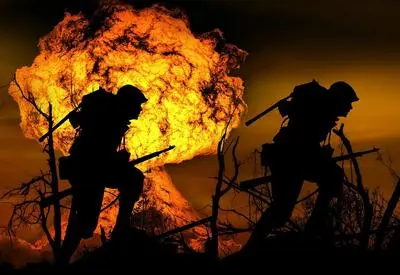 SUGGESTED READING
What Hobbes really thought about war
By Silviya Lechner
SUGGESTED READING
What Hobbes really thought about war
By Silviya Lechner
Moyn agrees with the spirit of Tostoy's and Clausewitz's critiques, but he also doesn't deny that making war more humane in recent decades has had some very positive consequences. "My country [the U.S.] can no longer do what it once did, like raze entire cities to the ground".
When it comes to Israel's retaliation against Hamas's atrocities, many, including President Macron, recognised Israel's right to self-defence, while at the same time being critical of the country for the degree of force being used in its bombing of Gaza. To begin with, Moyn has two technical objections against the received narrative that Israel is simply exercising its legal right to self-defence. First of all, it is not obvious whether there is such a legal right of self-defence against non-state actors, like Hamas. But also, Israel is essentially waging a war on its own territory. This is not a straightforward case of a state defending itself against another state.
___
"Asking what would it take to make the war really humane is the wrong framework. Wars, no matter how humane, cannot solve political problems."
___







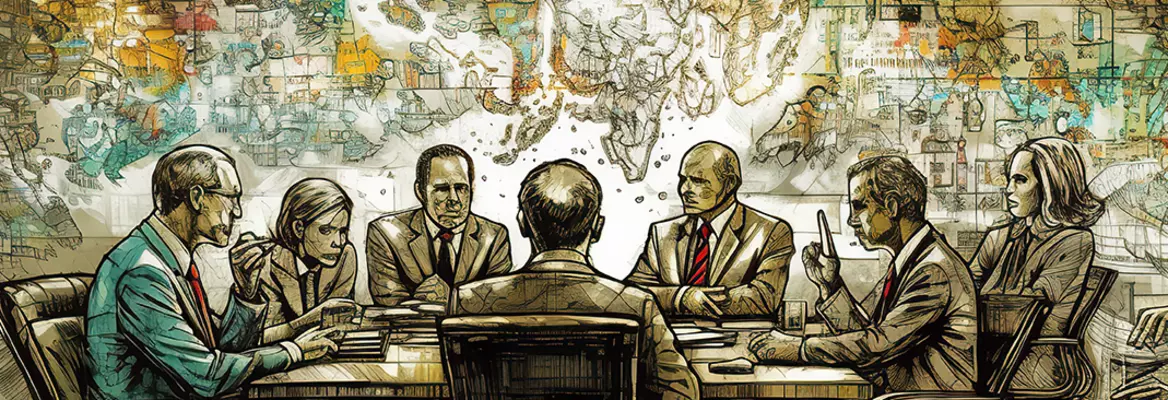



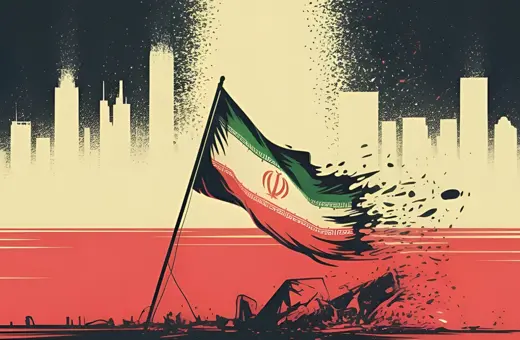
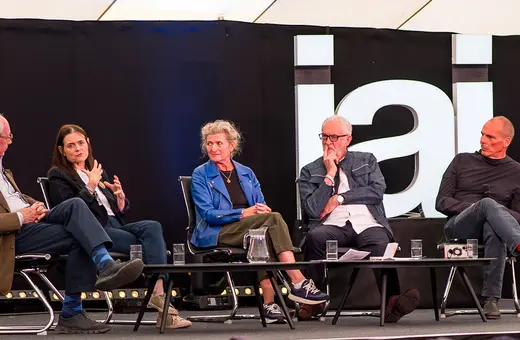
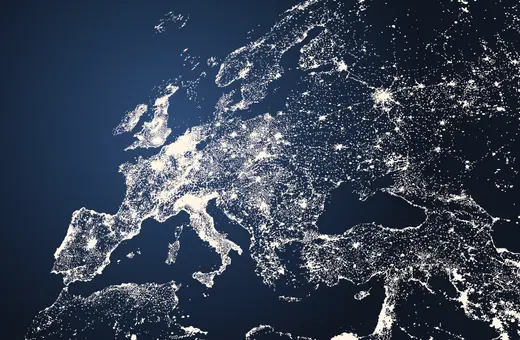
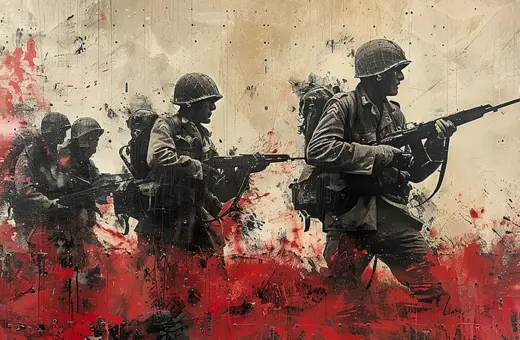





Join the conversation